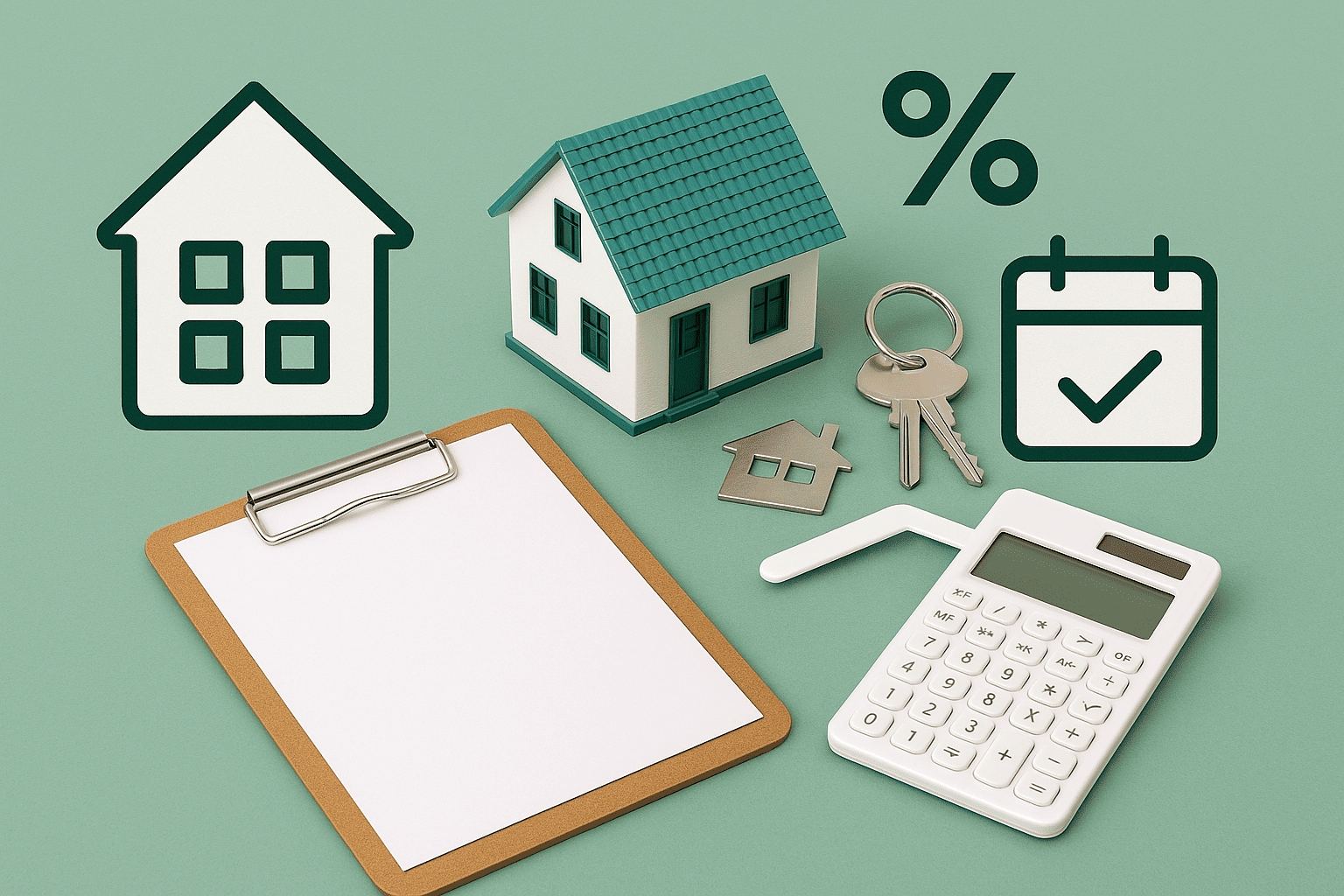
Mortgage interest deduction is a tax benefit. It allows you to deduct the interest you pay on your mortgage from your taxable income. This provides a tax advantage since your net monthly payments will be lower.
This deduction is the most helpful in the early years, since you pay the most interest then. It also makes owning a home a little more affordable. However, keep in mind that the rules have already changed and will probably change again in the future.
How does mortgage interest work?
If you take out a mortgage for your primary residence, you can deduct the paid interest on your income tax return. The tax benefit you receive depends on your income and tax rate.
Example:
- You pay €10,000 interest per year.
- Your tax rate is 37%.
- You receive €3700 back from the tax office.
Note: You can only deduct interest for the part of the loan used to buy, maintain, or improve your home.
Conditions for mortgage interest deduction
To qualify, several conditions must be met:
- The loan must be for your main residence. It does not apply to a second home or investment property.
- You must repay the loan within 30 years with an annuity or linear mortgage.
- The loan must be officially arranged with a recognized lender, such as a bank.
Since 2013, the rules have become stricter. Mortgages taken out before that date have a transitional arrangement that keeps some of the older conditions.
How do you claim a mortgage interest deduction?
You include the paid interest in your annual tax return to the tax authority, Belastingdienst. You can choose an advance refund so you receive the tax benefit monthly instead of all at once in the following year. Many choose this to immediately reduce their monthly payments.
Gradual reduction of the deduction
In the past few years, the mortgage interest deduction has been limited. The maximum rate for deduction is reduced each year. This is called the phasing out of the deduction. It mainly affects higher incomes, as they can no longer deduct at higher tax rates.
Advantages of mortgage interest deduction
- Lower monthly payments: You pay less interest.
- More financial room: Lower costs means having more money to spend or save.
Disadvantages and considerations
- Changing rules: The rules around deduction are adjusted regularly, so you may get less deduction in the future.
- Repayment requirement: You can only get a deduction when you repay your loan with an annuity or linear mortgage.
- Renting out: If you rent out, tax deduction is no longer possible.